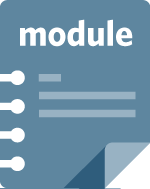Teaching Resources
A searchable catalogue, curated resource collections, role-based modules, workshop and Academic Half Day slide decks, session recordings and other supports.
Curated Collections of Resources
To find what you’re looking for, enter a search term or filter by category.
PROGRAM
TEACHING CONTEXT
POPULAR TOPICS
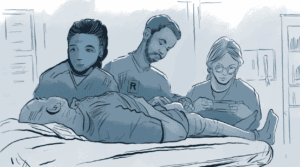
The Office of Faculty Development spoke with preceptors, patient partners, residents, students, and administrators to develop resources to support the simultaneous placement of multiple levels of learners under a preceptor (aka, layered learning).


This resource is designed to offer practical examples and strategies for further integrating generalism into your teaching approach, and to reflect on what you are already doing.


Explore resources supporting Competency-Based Medical Education (CBME), an approach to physician development that focuses on the process and outcomes of training, and makes the achievement of competencies more visible and measurable.

Question multiple learners in a layered learning context in a way that uses a learner’s curiosity to explore their understanding, knowledge, and critical thinking in a supportive environment. Designed to be completed in 3-5 minutes.


The Teacher Certificate Program (TCP) aims to equip teachers in medical education with core teaching and assessment competencies to help them teach effectively.


Learn how to teach learners through emotional situations. Designed to be completed in 3-5 minutes.

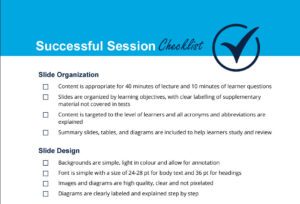
Are you looking for tips for delivering a successful session using PowerPoint? This checklist is a one page guide to help you design and deliver your lecture - includes slide organization, slide design and engagement.
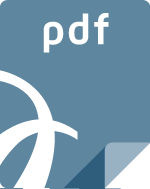
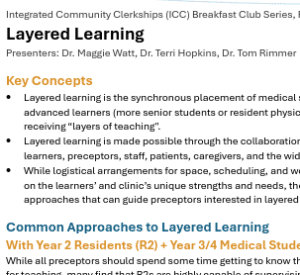
This summary document and recording offer advice on layered learning in ICC contexts, as discussed by participants and guest speakers Dr. Tom Rimmer and Dr. Terri Hopkins on Februrary 25th, 2025.


This document provides a quick overview of some helpful resources for clinical preceptors exploring layered learning in their teaching contexts.


This module combines evidence-based approaches with practical strategies from UBC Faculty of Medicine lecturers to support your design and delivery of effective and engaging lectures.
